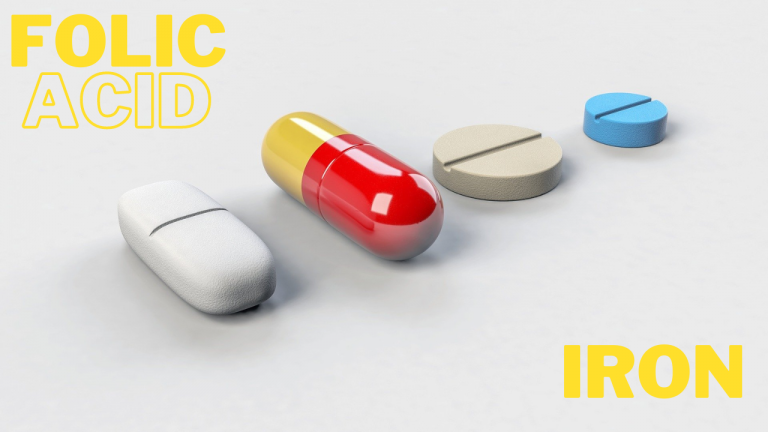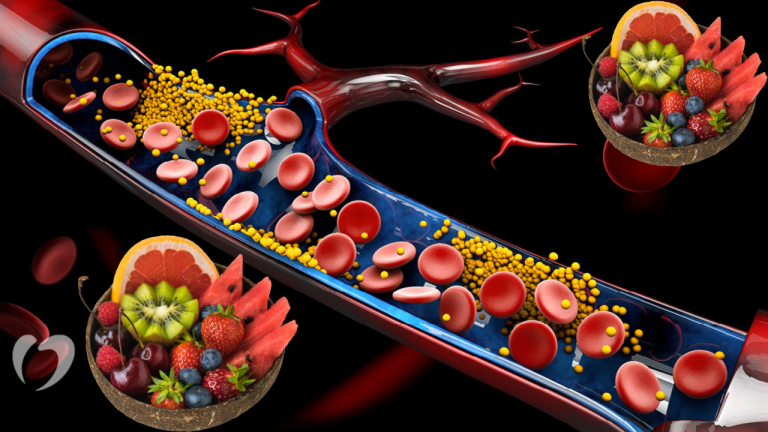What are the Nutritional Foods that C.K.D. Patients can Take?

Chronic kidney disease (CKD) is a condition that requires careful attention to diet and nutrition. The dietary needs of CKD patients may vary depending on the stage of their kidney disease, their overall health status, and other individual factors. In general, the following are some nutritional foods that CKD patients may consider incorporating into their diet:
High-quality protein: Protein is important for building and maintaining muscle mass, repairing tissues, and supporting the immune system. However, CKD patients may need to be cautious about their protein intake, as excessive protein intake can increase the workload on the kidneys. High-quality protein sources that are typically recommended for CKD patients include lean meats, fish, poultry, eggs, and dairy products (if allowed based on individual restrictions). Plant-based protein sources such as beans, lentils, tofu, and tempeh can also be good options for CKD patients.
Fresh fruits and vegetables: Fresh fruits and vegetables are generally healthy for CKD patients, as they are low in sodium, high in fiber, and rich in essential vitamins, minerals, and antioxidants. However, depending on the stage of CKD and individual restrictions, some fruits and vegetables may need to be limited due to their potassium and phosphorus content. CKD patients should work closely with their healthcare team or a registered dietitian to determine the appropriate amount and types of fruits and vegetables for their specific needs.
Whole grains: Whole grains such as brown rice, quinoa, whole wheat, and whole grain bread and cereals can be good sources of fiber, B vitamins, and other nutrients for CKD patients. These can be incorporated into the diet in moderate amounts, based on individual recommendations.
Healthy fats: Healthy fats, such as those found in nuts, seeds, avocados, and fatty fish (e.g., salmon, mackerel, sardines), can provide important nutrients like omega-3 fatty acids and vitamin E. They can be included in a CKD patient’s diet in appropriate portions as part of a balanced meal plan.
Limited sodium: CKD patients may need to limit their sodium intake to help manage blood pressure and fluid balance. Foods that are low in sodium, such as fresh or frozen vegetables, fresh meats, and foods prepared at home, can be good options for CKD patients. Processed and packaged foods, canned goods, and restaurant meals are often high in sodium and should be limited or avoided as much as possible.
Fluid Control: Fluid intake may need to be monitored and controlled in CKD patients, especially in advanced stages of kidney disease where fluid retention can be a concern. Monitoring and adhering to the fluid restriction guidelines provided by the healthcare team is important for managing fluid balance in CKD patients.
It’s important for CKD patients to work closely with their healthcare team, including a registered dietitian, to develop an individualized meal plan that meets their specific nutritional needs and restrictions based on their stage of kidney disease, overall health status, and other individual factors. Dietary recommendations for CKD patients can vary depending on the stage of the disease, presence of other health conditions, medications, and other individual factors, and should be tailored to the individual’s needs to optimize their health outcomes.



